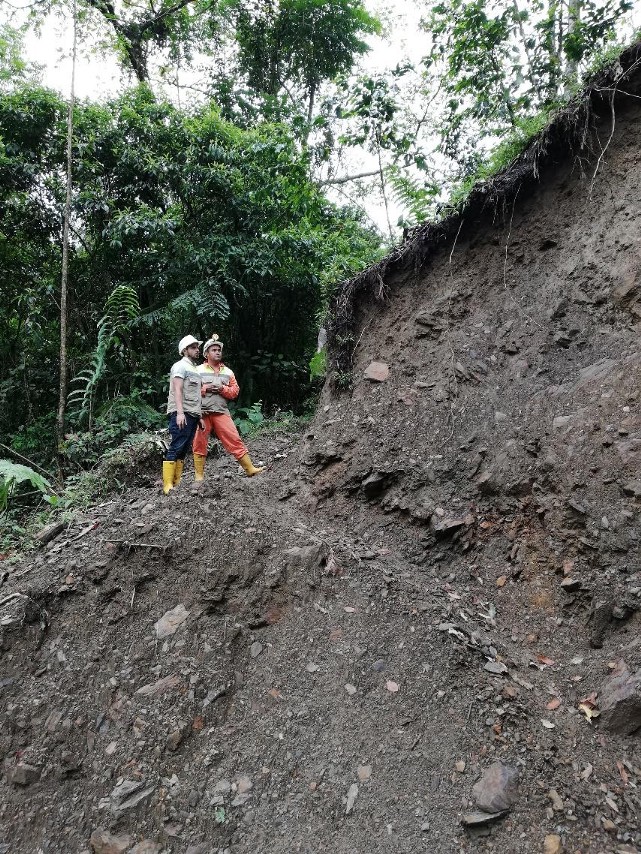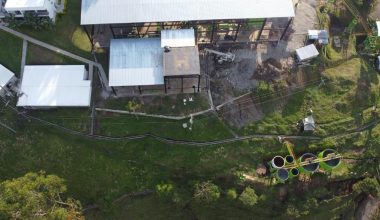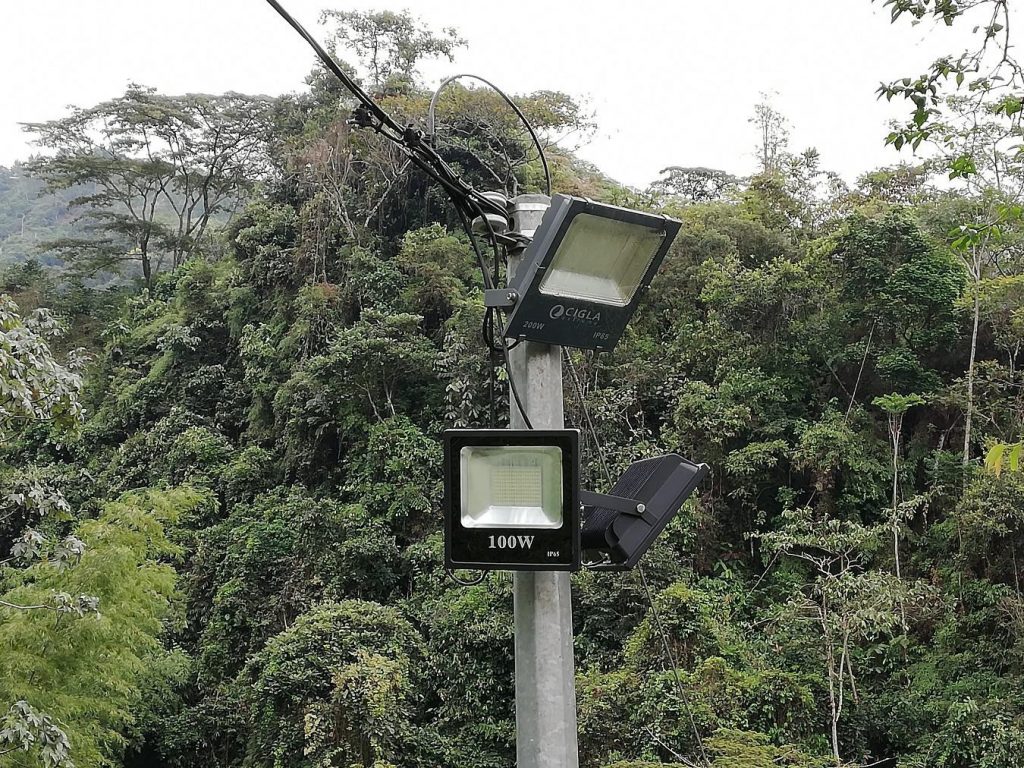
In order to solve the energy needs of the project, it is proposed by the electrical engineer Juan David López to initially build a provisional power network. This complies with all technical and safety standards, and receives this name for a matter of normativity.
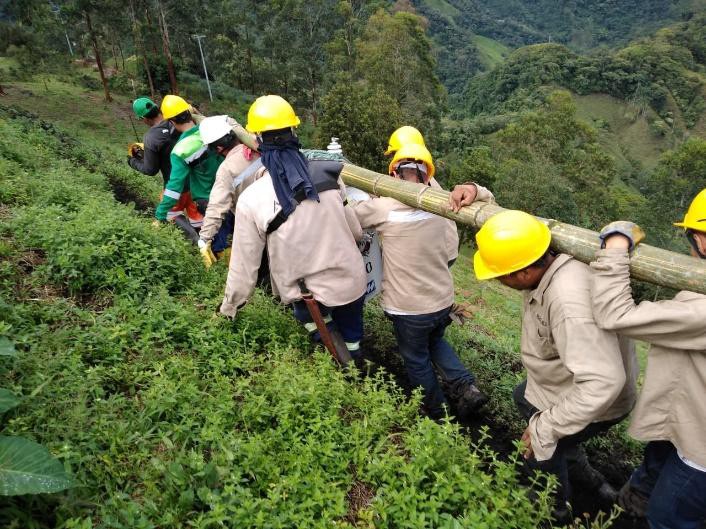
The certification for this type of network to enter into operation is given, in the department of Caldas, by the CHEC (Caldas Hydroelectric Plant) and, since it is a provisional electric power network, it does not require as many legal procedures as the definitive networks. Subsequently, it will have to be certified by the Ministry of Mines and Energy, ONAP (National Accreditation Body of Colombia) and CREG (Energy and Gas Regulation Commission). These entities designed the RETIE regulation (Technical Regulation of Electrical Installations).
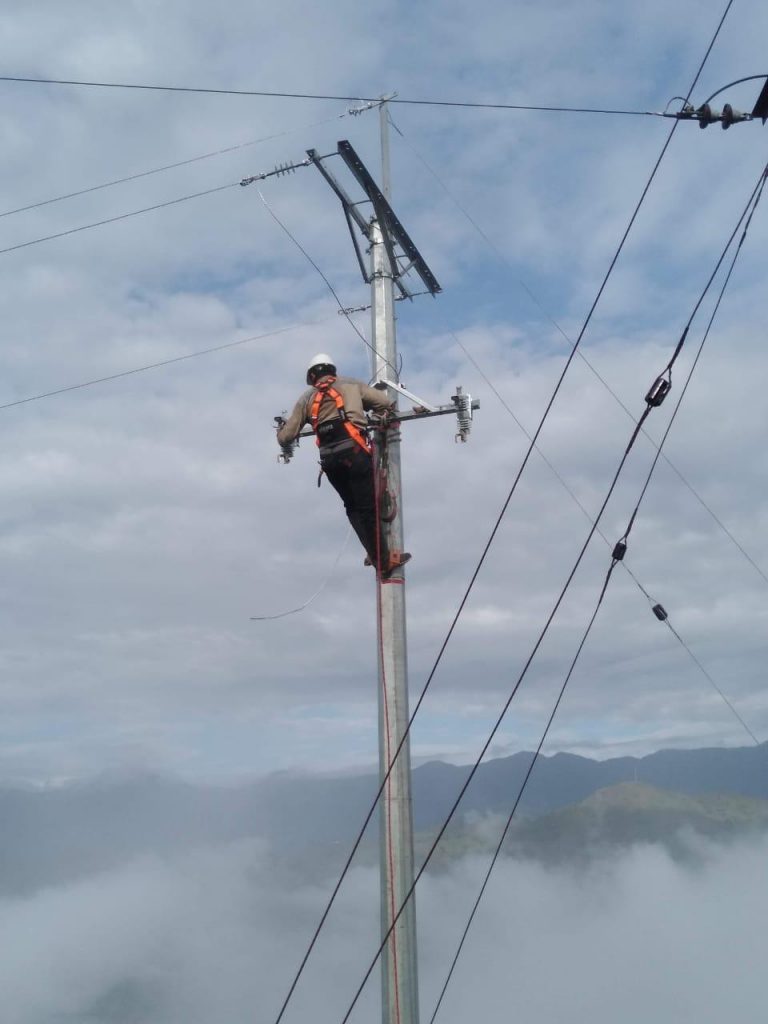
In February 2019, the audit of the CHEC network operator was already requested by Minera Guayaquil, and the review visit is expected, where it will be defined if the network is connected to the system or if the operator asks for certain requirements.
On the other hand, this electric power grid that has been built is also called “provisional” because it will serve to cover the current needs, but once the processing plant starts operating, it will be necessary to build a new line, since the electric power offered by the conventional network in the area is biphasic, and the equipment that will be used in the plant needs to be connected to a three-phase network. For this reason, it will be necessary to build a new network that is connected to the Pennsylvania substation. To carry out this construction several options are being studied, among which the most viable is to resort to CHEC to assume the construction and all its costs, and that Minera Guayaquil will pay a monthly amount for the use of the network.
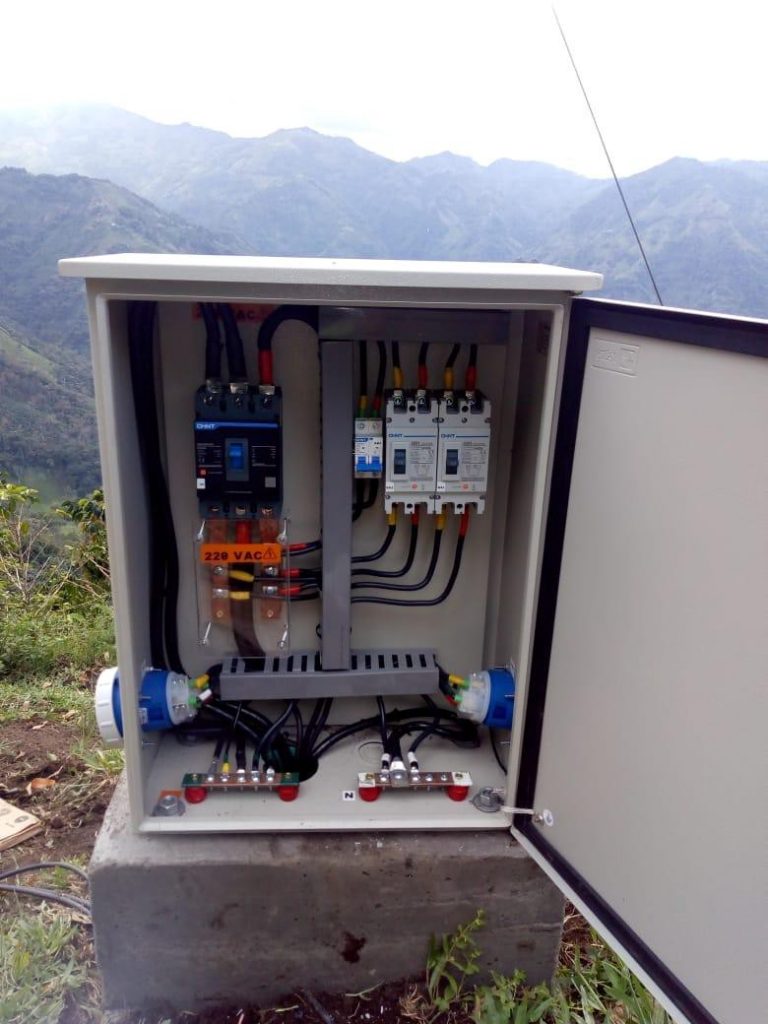
We will continue reporting about this area when there are more news.
The InnovaMinex Team
